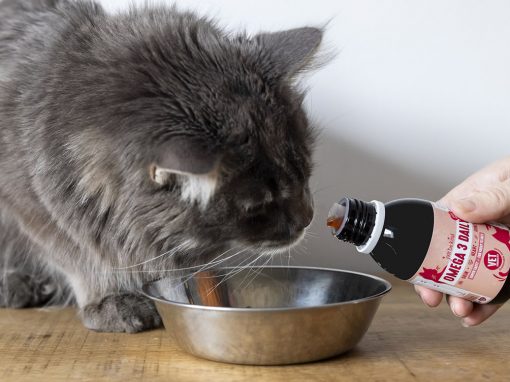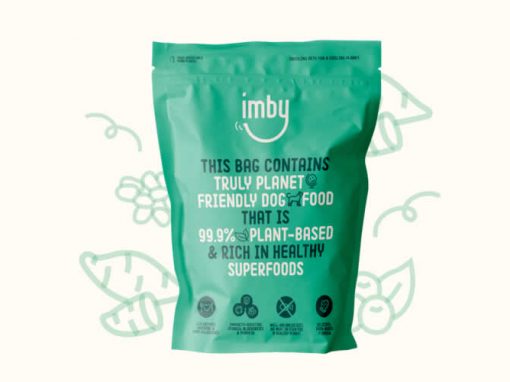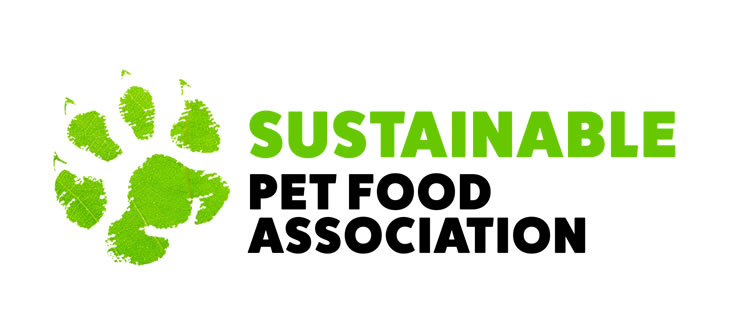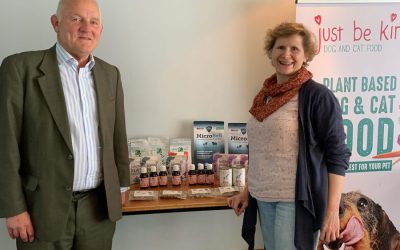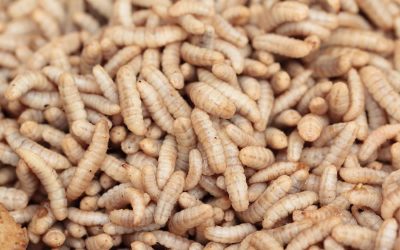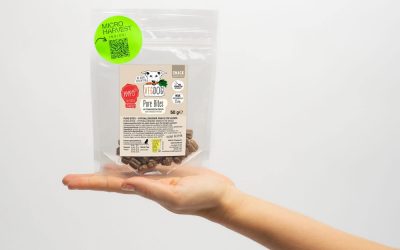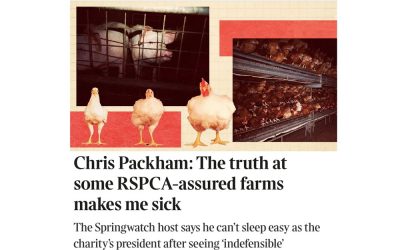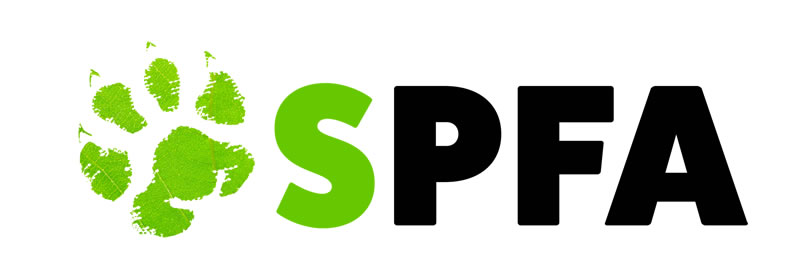Many job seekers today are evaluating practices based on their ‘greenness’ (environmental and social sustainability). Veterinary employees are more likely to be satisfied with their jobs if they are working for a practice that is perceived to be “green.” This results in greater retention of staff and a happier work environment.
There has also been a rise in owners choosing to transition their dogs to a plant-based diet prior to travelling abroad due to new regulations that came into effect in January 2022. These new regulations state that the personal imports of any meat and milk or their derivatives into the EU are no longer allowed. This includes any meat-based pet foods or treats.
Owners need to be made aware of this fact by vets at the practice when pet passports and vaccinations are discussed prior to travel. It would benefit a practice to have a supply of plant-based dog food available to benefit travelling pets as well as those dermatological or animal-protein intolerant cases requiring an alternative truly novel protein diet that they can be maintained on indefinitely.
Canine Microbiome Study Significant Findings
Dogs have adapted genetically to digesting starches and that explains why they do so well on a complete plant-based diet
Studies claim positivity with alternative pet diets
Many owners willing to consider alternative pet diets, studies claim with a high proportion of cat and dog owners now prepared to explore alternative, more sustainable diet options
Plant-based vs Insect-based dog food
Insect Protein-Based Diets as Potential Risk of Allergy in Dogs, and Higher Cost
Avian Flu Pandemic Risk from Raw Feeding
The APHA (Animal Plant and Health Agency.gov.uk) sends anyone interested in environmental matters, emails about looming threats. As a vet, this is what I have received recently in my email inbox - In my inbox yesterday 11th November - An Avian Influenza Prevention...
Raw dog and cat food fuelling spread of antibiotic-resistant bacteria
The very real and always present danger of this latest study yet again finding antibiotic-resistant bacteria in raw commercial cat foods!
UK Petfoods MUST Keep Up!
Using animal byproducts in meat and fish-based pet foods is NOT sustainable!
Cats dying after eating Avian-Influenza-contaminated raw pet food!
Does vegan cat food provide the solution?
Fermented Protein Pet Food – the Future?
Is precision fermentation our future way to feed not only our pets, but ourselves too? Yes it most certainly is!
Could our dogs or cats trigger an avian influenza pandemic?
As our memories of the last COVID 19 disappear, the potential for another pandemic looms and pets could play a role in transmitting it
Using microbial protein for the very first time in dog treats!
This first-of-its-kind protein is derived from bacteria that have been consumed by humans for centuries in foods such as kimchi, kefir, and sauerkraut
BVA says it is possible to feed dogs plant-based
The British Veterinary Association (BVA) has ended its opposition to (nutritionally-sound) vegan diets for dogs
The truth about ‘RSPCA Assured’ farms
The footage obtained from these farms, including distressing images of decomposing pigs, dying chicks, and salmon with missing eyes, is simply indefensible
Recommended sustainable pet foods
